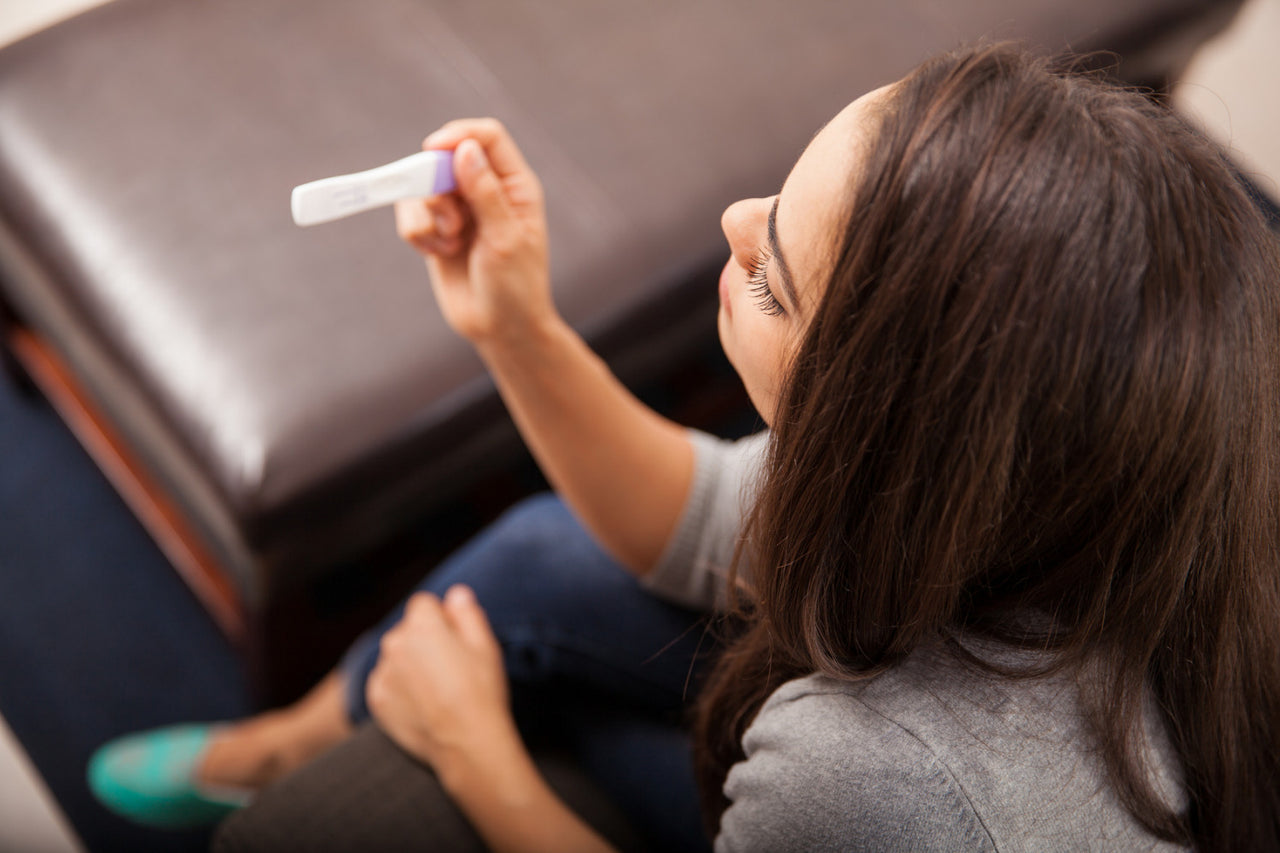
False Positive Pregnancy Tests - What Causes Them and How Common Are They?
If you are trying to get pregnant, the desire to take a pregnancy test can be powerful. Instead of waiting for their period to be late, most women will decide to test as early as possible.
Testing before your period is due is a significant cause of false positive pregnancy test results. When someone says they had a false positive result, it usually means that additional pregnancy tests were not positive like the first one.
Many people fault the quality of the pregnancy test for false positives. Even so, an actual "false positive" test result, due to a faulty home pregnancy test, is very rare. Many of the causes of a false positive result can be linked to early pregnancy loss or not following the pregnancy test instructions correctly.
What Can Cause False Positive Pregnancy Test Results?
The following reasons explain situations where positive and then negative test results can occur.
Medically Related Causes for False Positive Pregnancy Test Results
- You've had a chemical pregnancy. The unfortunate fact is about 25% of all pregnancies end up being a chemical pregnancy. This happens when a fertilized egg stops developing, after implantation, because of an abnormality or some other reason. The fertilized egg never becomes an embryo, but you may have enough hCG to test positive.
Due to the super sensitive pregnancy tests, women can detect pregnancy in the very, very early stages. The joy of discovering your pregnancy early also has the chance of crushing heartbreak if an early miscarriage happens. You can avoid the rollercoaster of emotions from a chemical pregnancy if you wait longer to test.
- You've had a miscarriage, or a pregnancy ended in the previous eight weeks. It can take that long for the hCG levels in your system to drop.
- You have an ectopic pregnancy. An ectopic pregnancy means that the fertilized egg implants somewhere other than the uterus. There is no way to move the fertilized egg into the uterus, and it will not correctly develop. An ectopic pregnancy can result in a false positive pregnancy test, although it does not always do so.
- You are taking a fertility drug that contains hCG. If you had an hCG trigger shot, you need to make sure the shot has cleared your system. Fertility doctors suggest waiting 14 days after an hCG shot before taking a pregnancy test. Testing before this time may produce a positive result when you are not genuinely pregnant.
- You mistake an evaporation line for a positive result. Sometimes pregnancy tests will leave a faint clear/white line in the testing area as the test area dries. If there is no distinct color to the line, you can not view it as a positive result.
- You missed the reaction time frame. You need to follow the instructions included with your home pregnancy test exactly. The manufacturer tells you how long to let the test to sit before interpreting the results. If you read the test after the time stated in the instructions, the results need to be considered invalid. Reading the test after the correct time frame can show results that you could misinterpret as a positive result.
There are rare cases when you can get positive pregnancy test results when you are not pregnant.
- Some medical conditions, like cancer, can cause your body to produce hCG even when you’re not pregnant.
- Some medications can also cause false positive results. WebMD reports, "... certain drugs, such as tranquilizers, anti-convulsants, or hypnotics, may also cause false-positive results.".
Tags:
About Pregnancy Tests
Quick links
Search
Contact Us
Shipping Information
Helpful Info
Terms of Service
Privacy Policy
Do not sell my personal information
Contact us
About us
BabyHopes.com is a family owned and operated business, opened in January 2001. We have been serving the trying to conceive community for over 20 years.

Leave a comment: